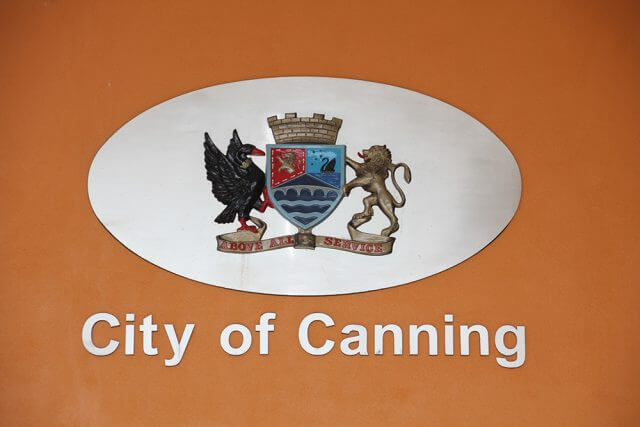The City of Canning experienced a big jump in employees earning between $100,000 and $110,000 in the 2014-15 financial year from two to 27.
The figures came from the city’s 2014-15 annual report and financial statements.
The jump meant the amount of employees earning between $100,000 and $260,000 jumped from 29 in 2013-14 to 57 in 2014-15.
The total cost of the 57 employees was $7.46 million.
The city currently employs 725 full-time equivalent staff while its neighbours Melville had 484 FTE employees and Gosnells had 644 (inclusive of casuals).
Melville reduced its number of employees earning more than $100,000 in 2014-15 to 25 from the previous year’s 28.
Melville had three employees earning between $100,000 and $110,000, 10 earning between $140,000 and $150,000 and one earning more than $280,000.
The City of Gosnells jumped from 22 employees earning more than $100,000 in 2013-14 to 31 in 2014-15.
It had eight employees earning between $100,000 and $110,000, nine earning between $120,000 and $130,000, five between $200,000 and $210,000 and one earning more than $280,000.
City of Canning chief executive Lyn Russell defended the jump saying it was because of the reporting methods and wages growth.
“Local governments have been required to report on the number of staff earning over $100,000 since 2005 when this represented a level of salary paid only to senior managers,” she said.
“The reporting level has not increased since this regulation was introduced, so naturally as wages and salaries increase over time, more staff will be earning over this threshold.

Still only five per cent of the city’s total employees fall into this bracket.”
Ms Russell also defended the city’s actual spend on employee costs in 2014-15 which ended up $3 million more than the $57.8 million budget figure adopted in 2014.
She said increasing costs came with temporary staff for the now scrapped local government reform process.
“Aside from the annual salary and wage rise as per the staff enterprise agreement, the additional employee costs incurred over and above the adopted budget were predominantly due to additional temporary staff required in preparation for the reform process and a change to the way the city provides for staff annual leave in its financial statements,” she said.
“The city prepares its budgets based on sound financial management principles and always looks to deliver a balanced or surplus budget and it should be recognised that 2014-15 was a unique year, with additional one-off costs imposed on the city through the reform process. A number of employee contracts, many relating to reform projects, expire during this financial year which should see the city’s FTE count fall.”
City spending was a major issue during last year’s local government elections with mayor Paul Ng using a cut to the mayoral salary by 50 per cent as a major running platform.
Mr Ng said he had already elected to receive only 50 per cent of the mayoral attendance fee.
He said the city was in a sound financial position but there was a number of efficiencies staff would be looking at over coming months.
“We are also in the process of conducting the mid-year budget review which will be reported to council at the March meeting,” he said.
“We need to continue to work hard to ensure that the long-term financial future of Canning is assured. This will be done by the council working closely with staff to develop long term sustainable financial plans.”














